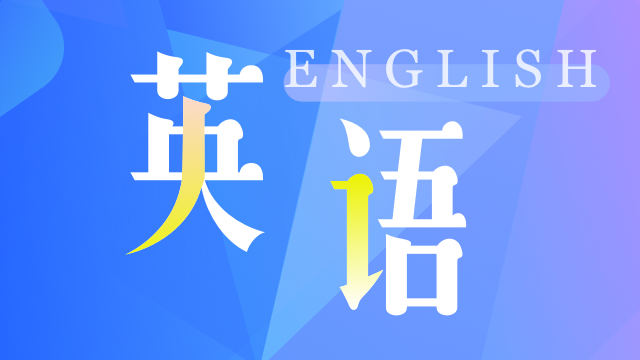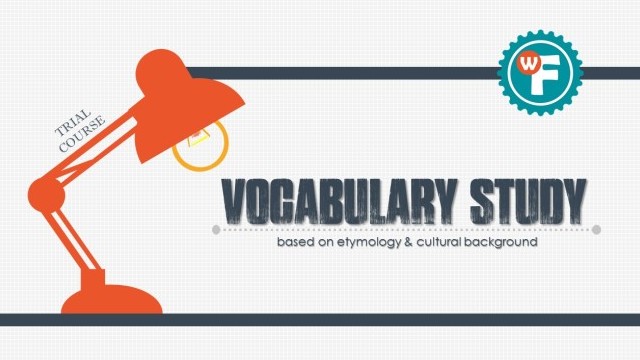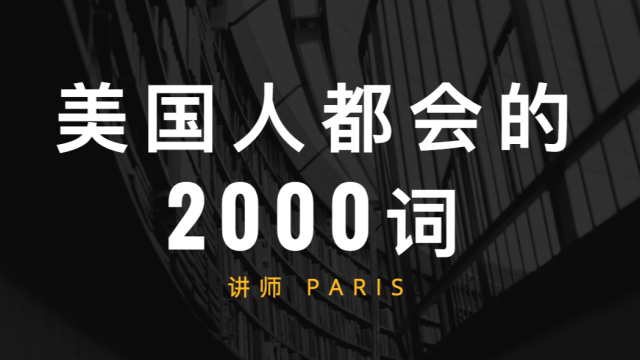Conditionals 条件从句 1
Conditionals are sentences with two clauses – an ‘if clause and a main clause – that are closely related. Conditional sentences are often divided into different types.
条件从句是一个句子里有两个从句—“一个if 从句和一个主句”—两个句子连在你一起。条件从句经常被分为各类。
Zero conditional 零条件
We use the zero conditional to talk about things that are always true. 我们用零条件从句谈论一些永远是真的事实。
• If you heat water, it boils.
• When the sun goes down, it gets dark.
• It lights up if you push that button.
The present simple is used in both clauses. 这种情况,两个从句都用一般现在时。
First conditional 第一条件
We use the first conditional when we talk about real and possible situations. 我们用第一条件句谈论真实的和可能的请款。
• I’ll go shopping on the way home if I have time.
• If it’s a nice day tomorrow we’ll go to the beach.
• If Arsenal win they’ll be top of the league.
In first conditional sentences, the structure is usually if + present simple and will + infinitive. It’s not important which clause comes first. 在第一条件句子里,句型结构经常是 if+一般现在时和will +不定式。 至于哪个条件先出现不重要。
Second conditional 第二条件
The second conditional is used to talk about ‘unreal’ or impossible things. 第二条件句是用来谈论“不真实的”或者不可能的事情。
• If I won a lot of money I’d buy a big house in the country.
• Where would you live if you could live anywhere in the world?
• If you didn’t smoke so much you’d feel a lot better.
The structure is usually if + past simple and would + infinitive. It’s not important which clause comes first. 句型结构经常是 if+一般过去时 和 would+不定式
Look at the difference between the first and second conditionals. 看看第一条件句和第二条件句的区别。
• In January: If it snows tomorrow I’ll go skiing. It might snow tomorrow.
• In August: If it snowed tomorrow I’d go skiing. It almost certainly won’t snow tomorrow.
注意:NOTE: Although many conditional sentences use if + will/would, conditional sentences can also use other words instead of ‘if’ – e.g. ‘when’ ‘as soon as’ ‘in case’ Other modal verbs can be used instead of ‘will/would’ – e.g. ‘can/could’, ‘may’ ‘might’.
Other types of conditional sentences are covered in another section. 我们下一次会讲更多的条件句。
- 相关热点:
- 英国文化教育协会:语法和词汇
- 公开课回顾











